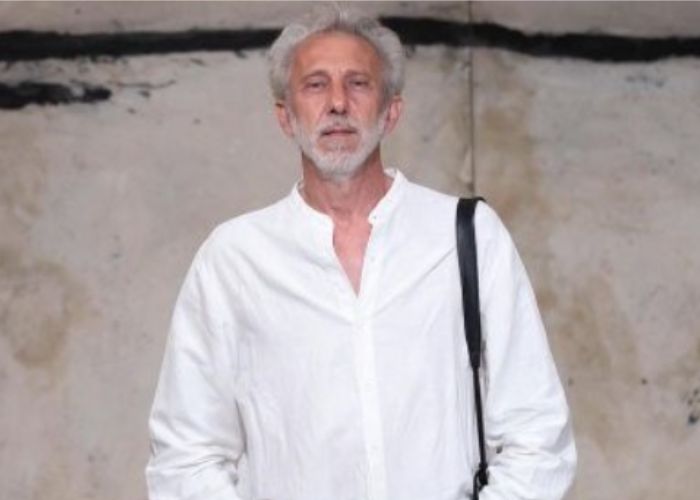MADRID – Amnesty International has expressed concern about fines of nearly €1,000 imposed on a photojournalist by the Spanish government. The Pulitzer Prize winner tried to portray the immigrant crisis in Gran Canaria.
The photographer is Javier Bauluz. He received two fines totaling €960 for “disrespecting” an agent and “refusing to identify himself” while doing his job in the port of Arguineguin on November 29, 2020. That was the day the migrant camp in the port of Arguineguin was dismantled. These violations are included in the controversial Civil Security Act, also known as the muzzle act. This is because sanctions can be imposed without trial.
Photojournalist tried to continue to work
The photojournalist reported on the disembarkation of several immigrants rescued at sea during their journey from the African coast to the Canary Islands. He arrived before the National Police. This was to prevent him from being stopped by the cordon that the police used to impose and that made the reporters’ work more difficult. This allowed him to get closer to the rescue ship than usual. When the officers reached the dock, one of them grabbed the photographer’s arm. Thereupon Bauluz tried to continue with his work.
The ensuing confrontation between the photojournalist and the officer was videotaped and released by Bauluz. The footage shows the photographer appears to be talking to one of the officers when another member of the police breaks into the conversation and grabs his arm to try to get him away from the Coast Guard rescue ship, which is already in the middle of the night. the harbour was docked.
The officer then imposed two fines on Bauluz. One for “disrespect to the officer”, a “minor violation” included in the Civil Security Act and which carries fines between €100 and €600. The second for “refusal to be identified”, is described as a ‘serious’ violation. However, the photographer denies refusing to hand over his documentation.
“Without being able to defend me”
Balauz, who recently published a book featuring his work on the months-long reception crisis in the Canary Islands, questions the use of the Civil Security Act to hinder the work of reporters. “With this law, you lose the right to a fair trial, a lawyer, witnesses, and any evidence. You get fined because a police officer does what he wants and decides my life without me being able to defend myself,” he told elDiario.es. “You are absolutely helpless. There is no justice.”
The independent photojournalist recalls the many obstacles reporters faced in doing their jobs at the Arguineguín dock when hundreds of people were disembarked and put in unsanitary conditions in a makeshift camp.
“It seemed like we were firing rockets instead of photos. We seemed to be the danger, while our social mission is to tell how migrants arrive, what the Red Cross is doing, what the police are doing,” Bauluz noted. “They wanted to put us up to 200 metres away. Then it’s impossible to work. From such a distance you could only show large groups, a mass of those who cause xenophobia.”
Campaign Against the Civil Security Act
After the notification of the fines, the photographer started a campaign on social networks against the Civil Security Act. Amnesty International has expressed concern about the fine imposed on the journalist and supports his initiative to protest. “The muzzle law is a serious threat to freedom of expression and information. The work of journalists like Javier Bauluz is essential to document human rights violations,” the NGO said on Twitter.


